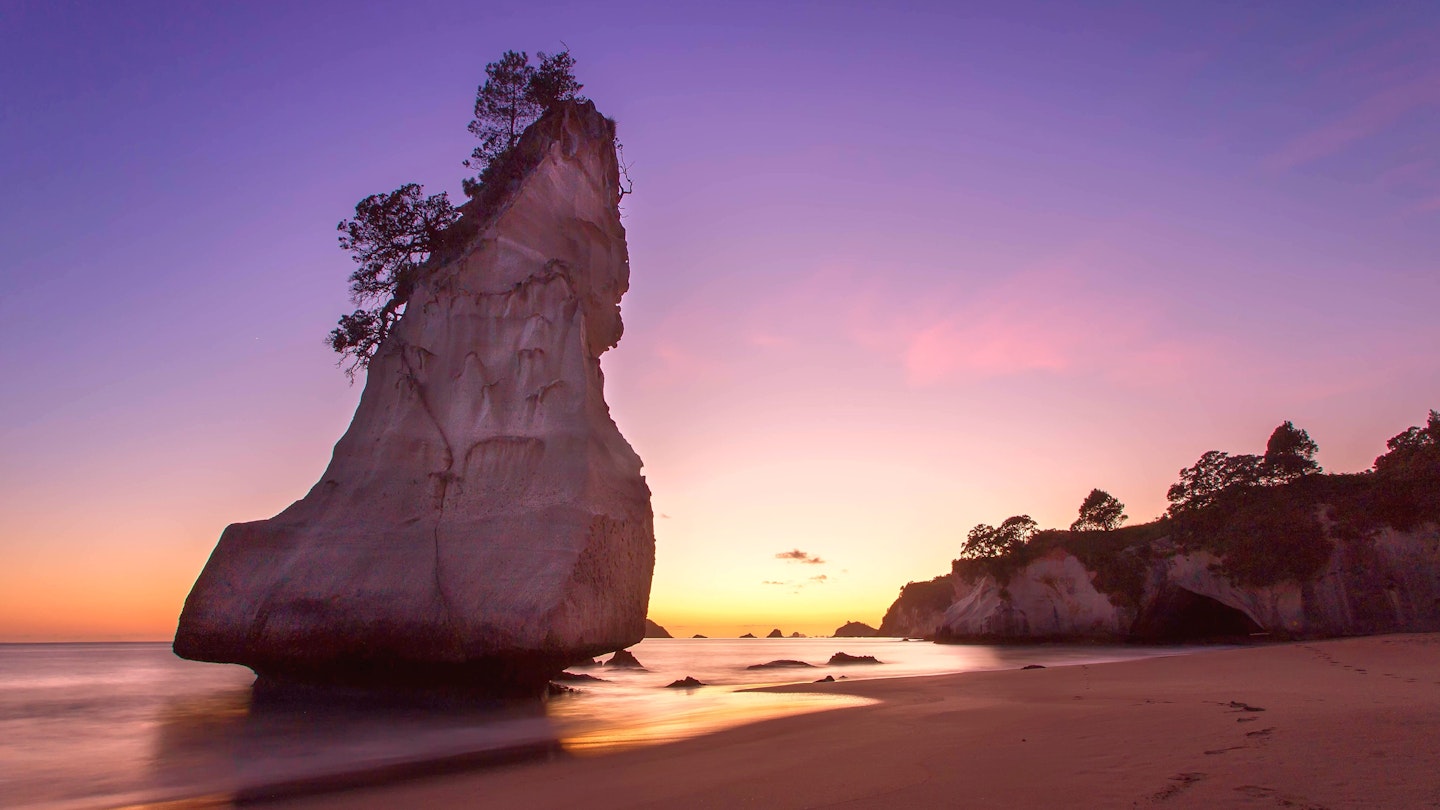New Zealand’s Travel Restrictions: What You Need to Know
As New Zealand successfully combats the COVID-19 virus, it has been able to lift many restrictions on daily life. Nevertheless, the country’s borders may remain closed for the majority of 2021.
Prime Minister Jacinda Ardern stated that this is due to uncertainty surrounding the global rollout of vaccines against the virus. In a recent press conference, she noted that regulatory approval for the Pfizer/BioNTech vaccine could be granted very soon. The first vaccines are expected to arrive in New Zealand by the end of the first quarter, although mass immunization is not anticipated to begin until mid-year. Furthermore, Ardern confirmed that the government will continue to pursue travel bubbles with neighboring Australia and other Pacific nations.

The ongoing border closures are significantly impacting New Zealand’s tourism industry. However, the government believes that reopening to international visitors poses too great a risk at this time. As Ardern remarked, “To restart travel, we need one of two things: either we must have confidence that being vaccinated ensures you don’t transmit COVID-19 to others, or we require a sufficiently vaccinated and protected population to allow safe re-entry into New Zealand. Both scenarios will take time to achieve.”
Since the onset of the pandemic, New Zealand has recorded 1,934 confirmed cases of the virus and 25 unfortunate deaths within its population of five million, thanks to its stringent public health measures. Meanwhile, Australia had previously permitted quarantine-free travel for New Zealanders but reinstated restrictions for 72 hours due to a newly identified COVID-19 case within the community. This case involved a traveler who returned to New Zealand on December 30 and subsequently tested positive for the South African strain of the virus after completing a two-week mandatory quarantine.




